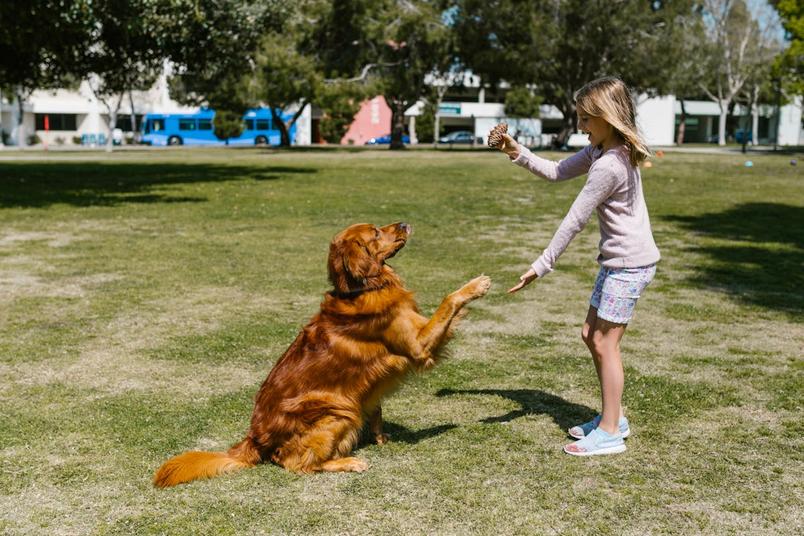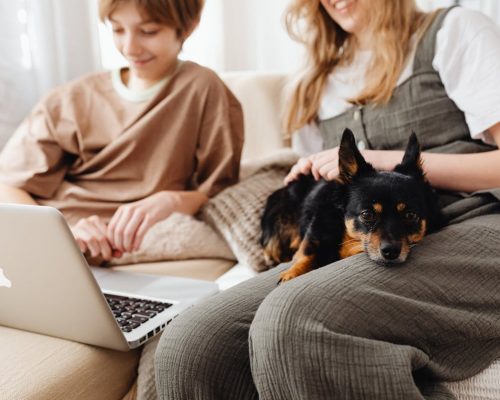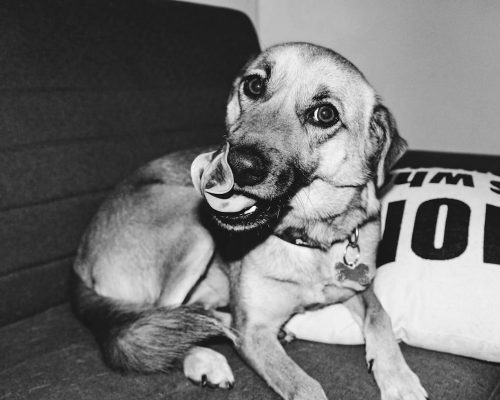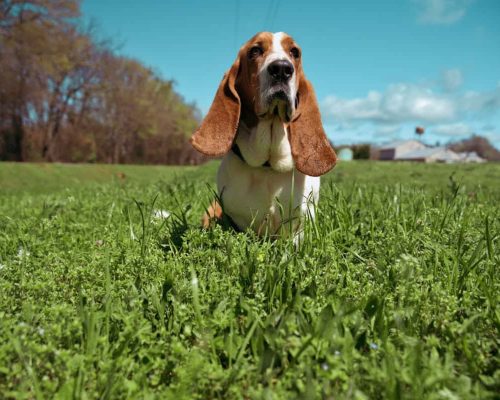Potty training a new puppy can feel overwhelming, but it is one of the most critical steps in ensuring a harmonious relationship with your canine companion.
However, puppies, by nature, are eager to please, but without proper guidance, their innocent behaviors can quickly turn into frustrating habits. Whether you are a first-time dog owner or a seasoned pet parent, this guide will provide a clear pathway to potty training success.
Table of Contents
ToggleWhy Potty Training is Essential for Puppies
Potty training provides a sense of structure and consistency that benefits both the puppy and the owner. Without this foundation, your home may become the site of regular accidents, causing stress for everyone involved.
Furthermore, beyond house cleanliness, potty training fosters a deep sense of trust between you and your pup, ensuring they understand the expectations in their new environment.
When to Start Potty Training
Timing is everything when it comes to potty training. Ideally, training should start as soon as your puppy arrives home, typically between 8 to 12 weeks of age.
At this stage, puppies are like sponges—ready to absorb new habits and adapt to their surroundings. Waiting too long can make it more difficult for your puppy to unlearn bad behaviors.
Early training helps solidify a sense of routine and fosters quicker adaptation to bathroom discipline.
Understanding Your Puppy’s Bathroom Habits
Every puppy is unique, but most share some common signs that indicate they need to relieve themselves. Restlessness, circling, and sniffing the ground are key indicators.
It’s important to learn your puppy’s subtle cues to anticipate when they might need to go. Puppies usually need to relieve themselves after eating, drinking, sleeping, or playing, so be alert during these times. The better you understand your puppy’s habits, the more successful your potty training journey will be.
Setting a Routine: The Backbone of Potty Training
Establishing a bathroom schedule is crucial to potty training success. Puppies thrive on routine, so taking them out at the same times each day will condition them to relieve themselves on a schedule. It would be best to try to take your puppy out first thing in the morning, after meals, and before bed.
Consistency is key to making sure your puppy learns the right time and place for bathroom breaks. A well-maintained schedule reduces the likelihood of accidents and instills discipline.
Choosing the Right Spot
Puppies are creatures of habit, so having a designated bathroom area is essential. Whether it’s a specific spot in the yard or a pee pad inside the home, bringing your puppy to the same place each time reinforces the habit.
The familiar scent will signal to your puppy that it’s time to go. Choosing a quiet and relatively distraction-free area will also help your puppy focus on the task at hand, ensuring faster training success.
Positive Reinforcement: The Key to Quick Success
Puppies respond exceptionally well to positive reinforcement, which makes it a powerful tool in potty training. When your puppy relieves themselves in the correct spot, be generous with praise and treats.
This creates a positive association between the action and the reward. Over time, your puppy will eagerly aim to please you by sticking to the potty routine. However, avoid overindulgence; too many treats can disrupt their digestion.
Dealing with Accidents: Patience is Key
Accidents are inevitable during the training process, but how you handle them can make all the difference. Never punish your puppy for an accident—it only leads to fear and confusion.
Instead, calmly clean up the mess and gently redirect your puppy to their designated potty spot. Patience is crucial here; every puppy learns at their own pace, and setbacks are a normal part of the journey. The focus should remain on consistent redirection and positive reinforcement.
Crate Training as a Potty Training Tool
Crate training is an incredibly effective tool in potty training, as dogs naturally avoid soiling their sleeping area. By keeping your puppy in a crate when unsupervised, you reduce the chance of accidents.
However, it’s important to ensure that the crate is the right size—big enough for your puppy to stand, turn around, and lie down, but not so large that they can relieve themselves in one corner and sleep in another.
Regularly taking your puppy out of the crate to go to their bathroom spot will reinforce proper habits.
Common Mistakes to Avoid During Potty Training
Many well-meaning pet owners inadvertently slow down the potty training process by making avoidable mistakes. Some common pitfalls include inconsistent schedules, punishing the puppy after accidents, and failing to clean up accidents thoroughly (as lingering smells can encourage repeat offenses).
Rushing the process is another mistake—some puppies take longer to train than others, and patience is a key ingredient in achieving success. Being consistent, calm, and prepared will help you avoid these errors.
When to Seek Professional Help
If you’ve been consistent with potty training for several weeks and your puppy is still having frequent accidents, it may be time to seek help from a professional dog trainer.
Sometimes, medical issues like urinary tract infections can mimic behavioral problems, so consulting with a vet is also advisable. A professional can help identify any gaps in your training approach and provide personalized strategies to ensure success.
Conclusion
Potty training is an essential milestone in your puppy’s development, laying the foundation for a harmonious household.
While it may seem daunting at first, armed with the right strategies—consistency, patience, and positive reinforcement—you can make the process smooth and successful.
Stick to the routine, embrace the occasional setbacks, and soon enough, your puppy will be a well-trained and trusted member of the family.






